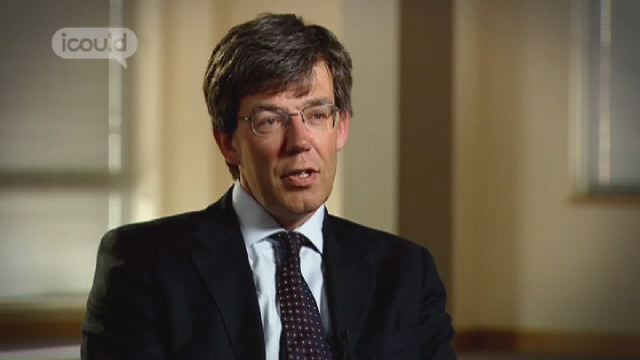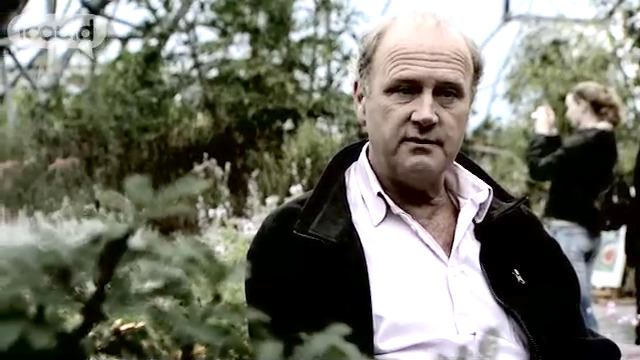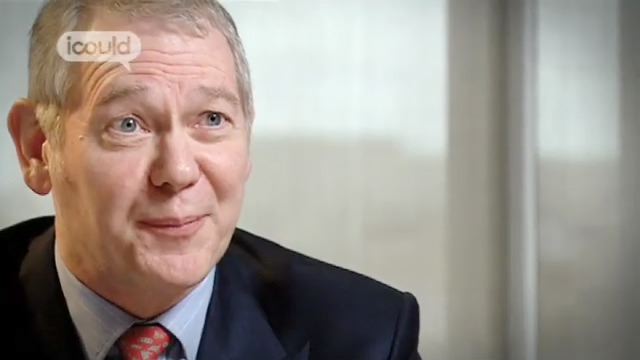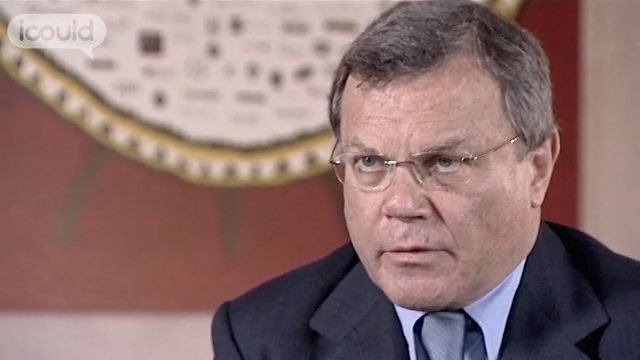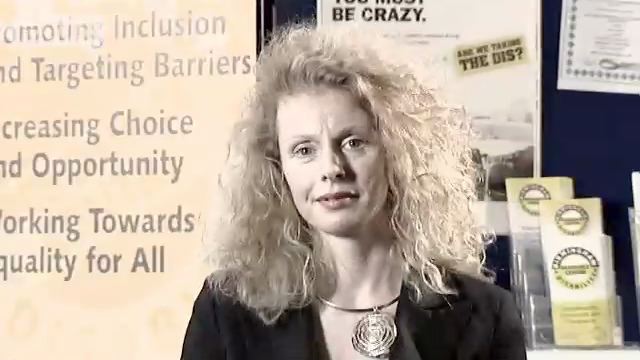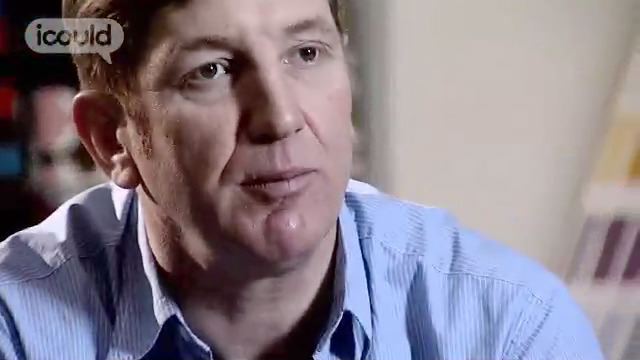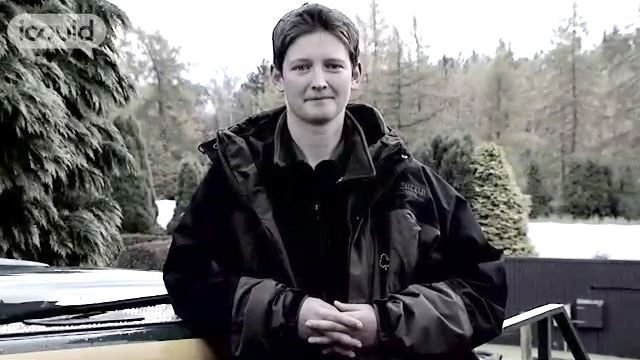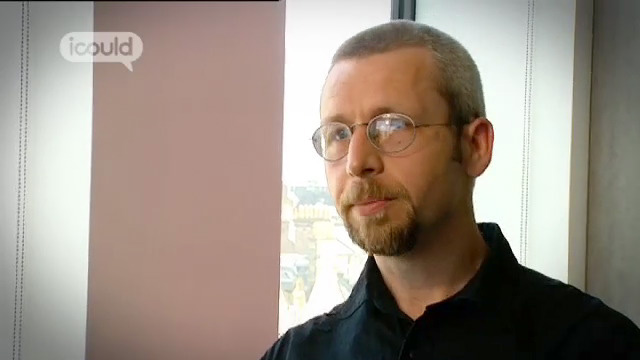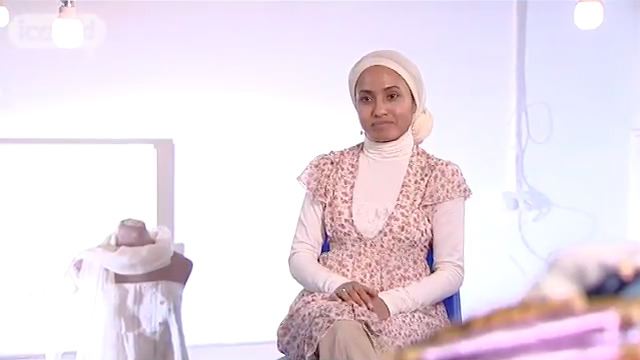Vice Chancellor & Chief Executive
London South Bank University
Deian Hopkin
I’m Professor Deian Hopkin. I’m Vice-Chancellor and Chief Executive of London South Bank University, and I work near the Elephant and Castle in South Central London. I manage the institution on behalf of a board of governors. I look after the university not only on a day to day basis, but have to plan its future and to work on behalf of the twenty-five thousand students or so that we have here. Universities are really quite large businesses. My university has a turnover of nearly a hundred and fifty million pounds a year, and we employ some two thousand people, so it’s really quite a large company.
If you’d asked me when I started as a student all those years ago ‘What would you be doing in forty-five years time,’ I would never have thought that I’d be doing this job. I went to a privileged school. I had a scholarship to a boarding school, and even there, there was sometimes pressure not to perform, because when you’re fourteen, fifteen, sixteen, you want to rebel. You turn round and say ‘I’m not going to obey by the rules. I’m going to be different.’ And sometimes it was very difficult to be a high achiever, or to try to be a high achiever, when there were people around you saying ‘you don’t want to do that. You don’t want to hand in your work,’ you know,’ why do you want to be so clever?’ That takes a lot of determination to overcome.
My parents were politicians and so people assumed that I would go into politics myself, and, in fact, I had a dream of being a politician at one point, until I realised how difficult a job it was and how difficult it was to get elected. I was fortunate when I was a lot younger in that I did a lot of musical performance. I became a jazz musician at university, and in fact at that point I thought I might become something like a professional jazz musician, but I realised that to become a professional jazz musician you have to be really very, very good, and I wasn’t really very, very good, so I became an academic instead.
I did in fact stay on at university after I graduated and I became a historian, a professional historian, and I ended up in fact, after some twenty-five years, as the head of history in a university, and just nine years later I became a Vice-Chancellor. It was a very rapid transformation. So I’ve ended up not exactly where I planned to be; although I’ve stayed in education.
I ended up at twenty-two years old as the anchorman for a live late night current television programme series, and for a year I worked in the kind of John Humphries/Paxman kind of mode, and I think what contributed to my ending up as a Vice-Chancellor is all those different things that I did – the broadcasting, the performance, taking an interest in a wide range of things, not simply doing my academic study.
One day the head of programmes of one of the television companies said ‘Would you like to come and join us? Would you like to train as a director, or come in as a journalist or as a presenter? You’ve done it, you’ve been there, and, by the way, I can double your salary.’ I didn’t take that opportunity and I’m thoroughly glad I didn’t. For one thing, it’s never quite what you think. When you add up all the bits and pieces, it’s never quite the bargain you thought it was. Much more important, that that television company went bust after about three years and I’m still here.
I’ve been a semi-professional jazz musician for all my career. I’ve had to drop doing it in the last few years because Vice-Chancellor is very unreliable for music gigs, I have to tell you, but I’m looking forward to coming back to that. If you’ve got something to look forward to in the evening, or at the weekend, or a hobby, or something that fires you up, that really helps enormously. If you haven’t got those things, life can often become unbearable. I’m not one who believes that you can plan for every contingency in your life. Life has a lot of unexpected turns in it. Riding with those opportunities is what life is all about.
Professor Deian Hopkin is Vice Chancellor of London South Bank University. He might have been a TV producer, he might have been a jazz musician. He says “I did in fact stay on at university after I graduated and I became a historian.” He says “Life has a lot of unexpected turns in it. Riding with those opportunities is what life is all about. “
More information about Chief executives and senior officials
The UK average salary is £29,813
There are 37.5 hours in the average working week
The UK workforce is 47% female and 53% male
Future employment
- Analyses economic, social, legal and other data, and plans, formulates and directs at strategic level the operation of a company or organisation;
- Consults with subordinates to formulate, implement and review company/organisation policy, authorises funding for policy implementation programmes and institutes reporting, auditing and control systems;
- Prepares, or arranges for the preparation of, reports, budgets, forecasts or other information;
- Plans and controls the allocation of resources and the selection of senior staff;
- Evaluates government/local authority departmental activities, discusses problems with government/local authority officials and administrators and formulates departmental policy;
- Negotiates and monitors contracted out services provided to the local authority by the private sector;
- Studies and acts upon any legislation that may affect the local authority;
- Stimulates public interest by providing publicity, giving lectures and interviews and organising appeals for a variety of causes;
- Directs or undertakes the preparation, publication and dissemination of reports and other information of interest to members and other interested parties.
- Analyses economic, social, legal and other data, and plans, formulates and directs at strategic level the operation of a company or organisation;
- Consults with subordinates to formulate, implement and review company/organisation policy, authorises funding for policy implementation programmes and institutes reporting, auditing and control systems;
- Prepares, or arranges for the preparation of, reports, budgets, forecasts or other information;
- Plans and controls the allocation of resources and the selection of senior staff;
- Evaluates government/local authority departmental activities, discusses problems with government/local authority officials and administrators and formulates departmental policy;
- Negotiates and monitors contracted out services provided to the local authority by the private sector;
- Studies and acts upon any legislation that may affect the local authority;
- Stimulates public interest by providing publicity, giving lectures and interviews and organising appeals for a variety of causes;
- Directs or undertakes the preparation, publication and dissemination of reports and other information of interest to members and other interested parties.
- Analyses economic, social, legal and other data, and plans, formulates and directs at strategic level the operation of a company or organisation;
- Consults with subordinates to formulate, implement and review company/organisation policy, authorises funding for policy implementation programmes and institutes reporting, auditing and control systems;
- Prepares, or arranges for the preparation of, reports, budgets, forecasts or other information;
- Plans and controls the allocation of resources and the selection of senior staff;
- Evaluates government/local authority departmental activities, discusses problems with government/local authority officials and administrators and formulates departmental policy;
- Negotiates and monitors contracted out services provided to the local authority by the private sector;
- Studies and acts upon any legislation that may affect the local authority;
- Stimulates public interest by providing publicity, giving lectures and interviews and organising appeals for a variety of causes;
- Directs or undertakes the preparation, publication and dissemination of reports and other information of interest to members and other interested parties.
